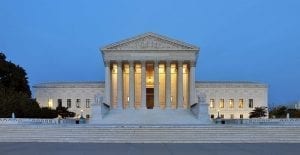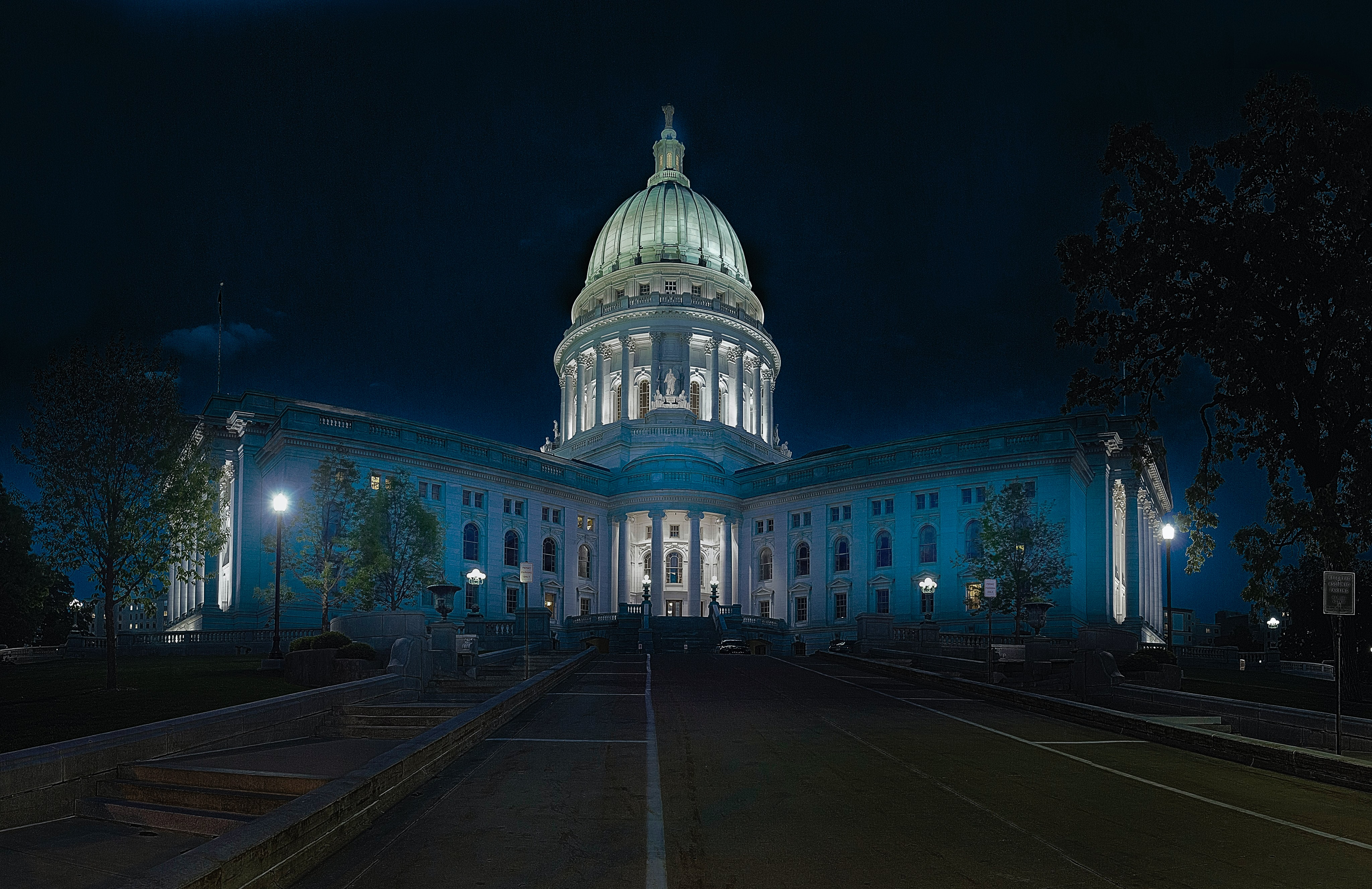The power to make change or fight changes you don’t like lies mostly at the local level. Unfortunately, the local level is also the level of government that is most commonly ignored.
When the Founding Fathers designed our democracy, they weren’t just thinking of the future. They were also thinking about the failings of the British colonial government. The failings of the British colonial government shaped the fundamentals of our democracy as much as any high-minded ideals did, and that shows most in how government is organized and where the bulk of the power lies.
Federal Level
The federal level is what you think about most when you think of power. From the outside it is true that the federal government has enormous power, mainly because of the international influence created by our military and economic presence. However, internally, when it comes to real life power over your everyday life, the federal government’s influence is heavily restricted, and that’s entirely because the colonists knew exactly how frustrating it was to have a government hundreds or even thousands of miles away dictating your everyday life. Just as the Founding Fathers were frustrated with a tiny island on the other side of the ocean dictating the price of tea downtown, so you would be annoyed if the federal government told you what city management software to use in your town.
President
The president is the most visible part of the federal government, but hardly the most powerful. Except in times of emergency, the president’s power over the lives of everyday citizens is, strictly speaking, quite small. The president’s power is, according to the Constitution, limited to executing and enforcing the laws made by Congress.
Congress
Congress is where the primary law making and policymaking power lies, but it is, by design, slow-moving and deeply divided. Not only is there a division between the House and the Senate, but even those bodies are divided by party, state and districts. Congress was always intended to be a place where people argue more than they act, to prevent the kind of tyranny that the colonists knew all too well. Even there, while some powers are granted to Congress and the federal government, the bulk of lawmaking falls to the states and local districts.
Supreme Court

The Supreme Court holds the ultimate trump card in the ability to declare laws unconstitutional, but they are powerless to pick and choose what laws they get to make rulings on. First, the people must choose to bring a case, and that case must make its way through the lower courts at the regional, state and local levels. In a sense, though they are called lower courts, they are the ones who make the decision whether to send a case to the Supreme Court.
State Level
Most of the time, if you’re annoyed about a particular law or regulation, it’s not coming from the Capitol Building, it’s coming from your State Capital. Take the sales tax, for example. The federal government has the right to set taxes to help provide for common goods and services like the military or social security, but the reason the US has a sales tax instead of a value added tax is so that the states can set their own sales tax levels. That’s a small change from state to state that generates a powerful amount of revenue.
Local Level
The fact is that the most power to make your life better or worse is given to local authorities. School districts are set locally, for example, and police departments are managed at the local level. The power to make change or fight changes you don’t like lies mostly at the local level. Unfortunately, the local level is also the level of government that is most commonly ignored. Local elections see the worst turnouts and lowest level of voter interest and participation, so local laws often pass without much comment from the people who will be most affected by them
The United States Government may seem like a convoluted mess of bureaucracy and paperwork, but the bones of it are actually terribly simple. When you look closely, you may be surprised where the real power lies.


Join the conversation!